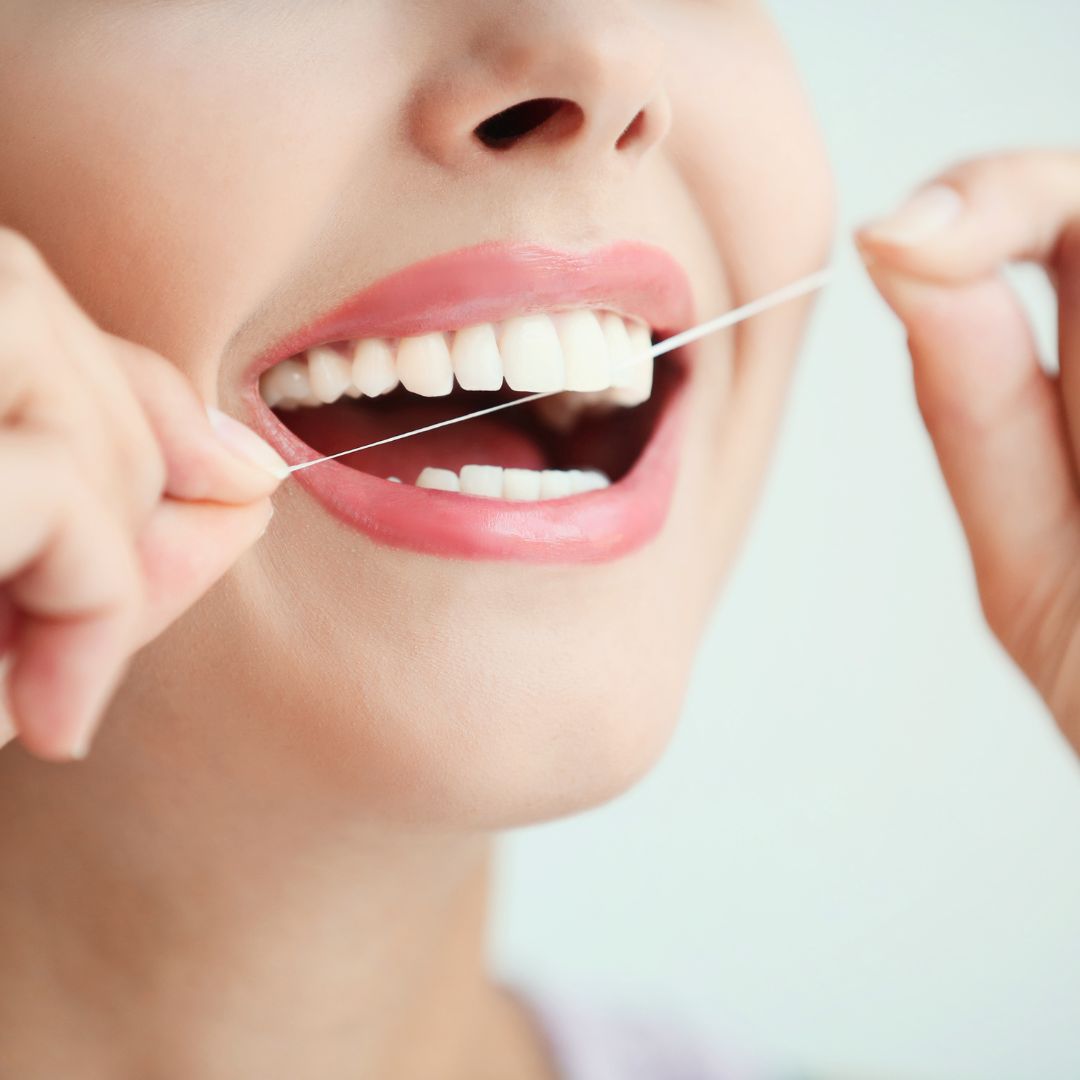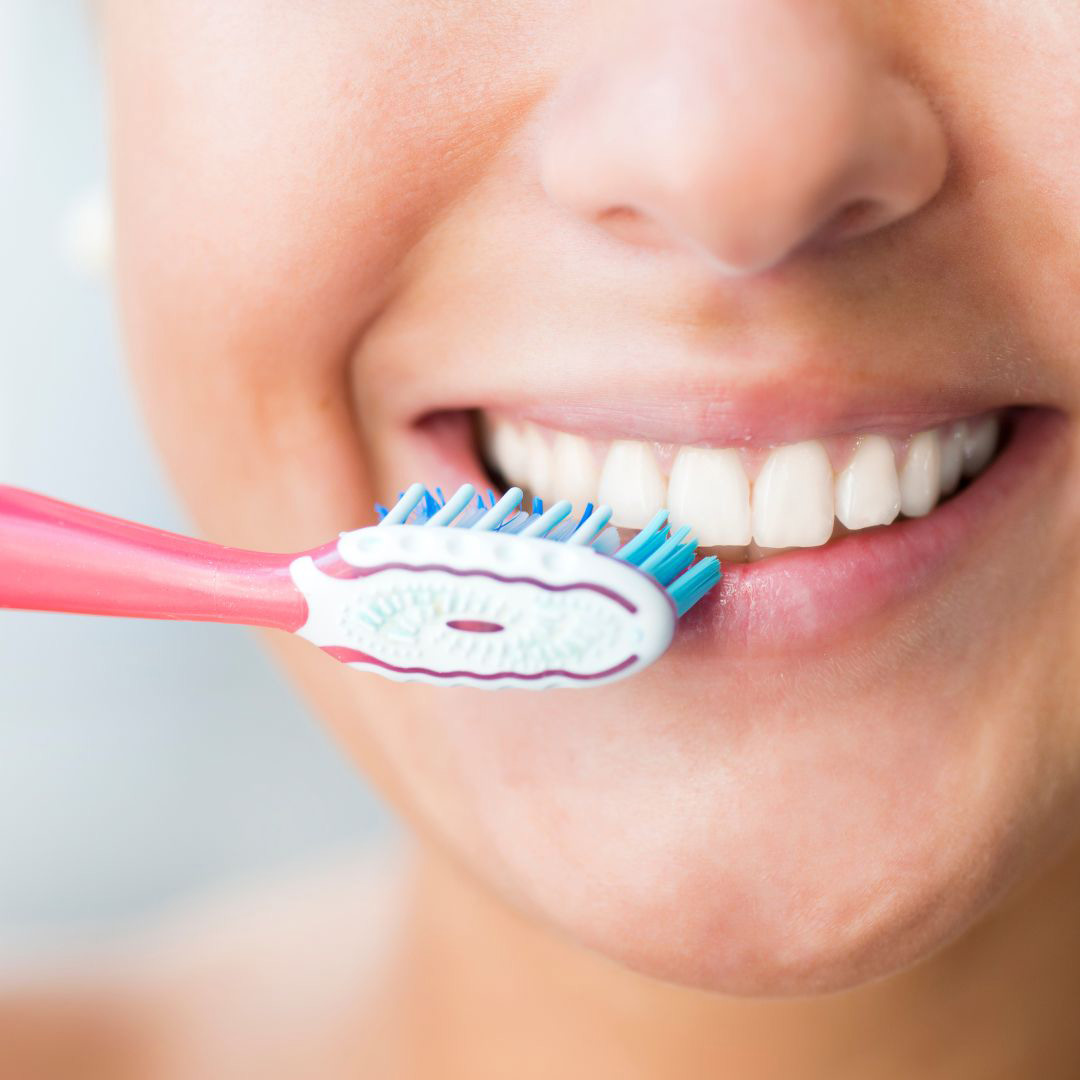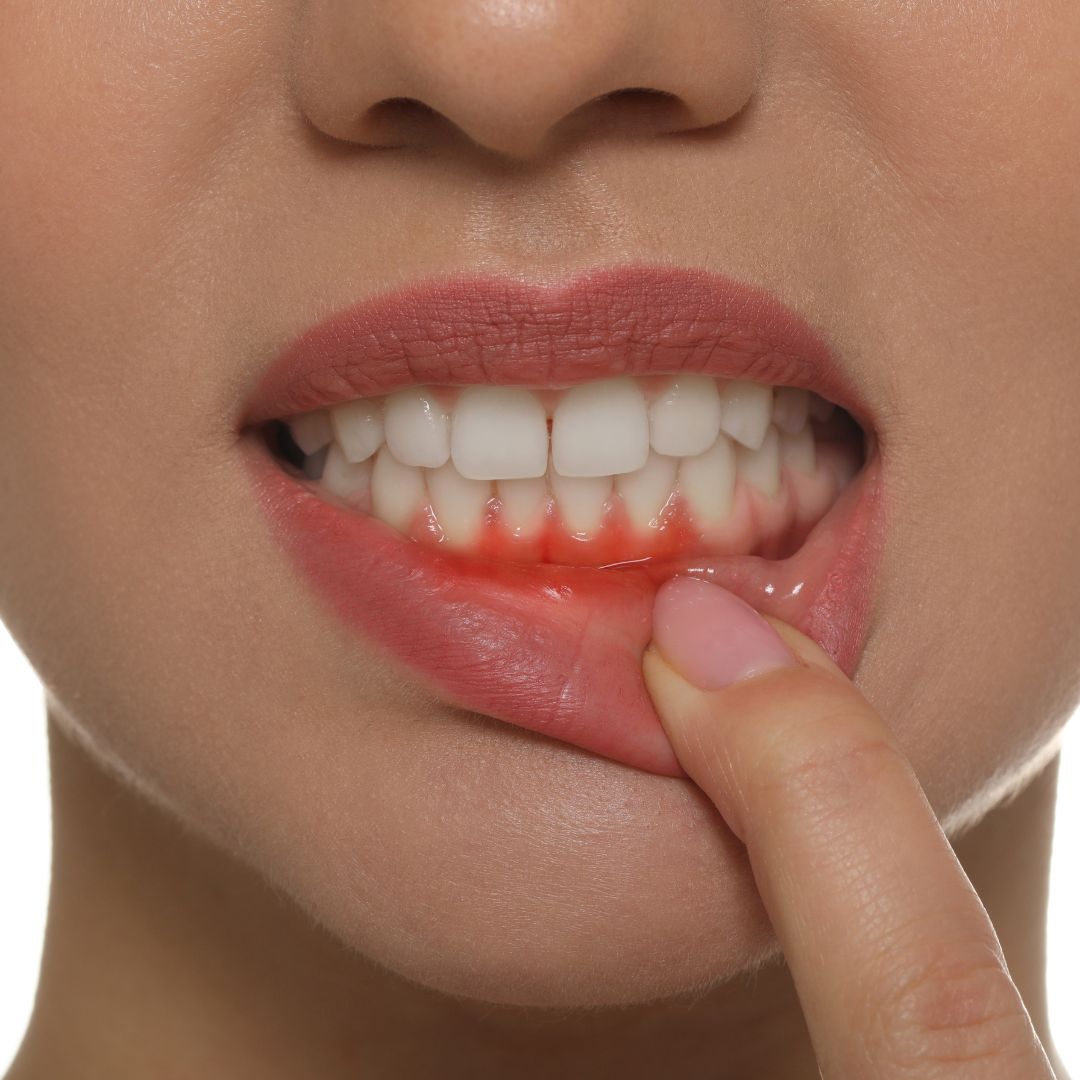Dental Hygiene
Dental hygiene is important for keeping your teeth and gums healthy.
Good dental hygiene includes brushing your teeth twice a day, flossing daily, and visiting your dentist regularly.
You can help keep your teeth and gums healthy by: Brushing your teeth twice a day with fluoride toothpaste.
Flossing daily to remove plaque from between your teeth.
Brushing your teeth twice a day with fluoride toothpaste.
Eating a balanced diet and limiting sugary snacks.
Visiting your dentist regularly for professional cleanings and checkups.
Tooth Care: We all know that our teeth are not indestructible and will show wear and tear as we age. But did you know that there are different types of tooth wear? And that some types of tooth wear can be prevented?
Tooth wear can be classified into three main types: attrition, erosion and abrasion.

Attrition is the natural wear and tear that occurs when our teeth come into contact with each other or with hard objects. This type of wear is most common in people who have a lot of contact between their teeth, such as people who grind their teeth or who chew on hard objects.
Erosion is the loss of tooth structure that occurs when acid attacks the tooth enamel. This type of tooth wear is most common in people who have a lot of acid in their diet, such as people who eat a lot of citrus fruits or drink a lot of carbonated drinks.
Abrasion is the loss of tooth structure that occurs when the tooth is scraped or rubbed by something abrasive. This type of tooth wear is most common in people who brush their teeth too hard or who use toothpicks or other sharp objects to clean their teeth.

So, now that you know about the different types of tooth wear, what can you do to prevent it? The best way to prevent tooth wear is to practice good oral hygiene. This means brushing your teeth twice a day, flossing daily, and using a fluoride toothpaste.
If you have tooth wear that is already present, there are several treatment options available. Your dentist can recommend the best treatment option for you, based on the type of tooth wear and the severity of the damage.
For mild to moderate tooth wear, your dentist may recommend a simple dental cleaning or polishing. For more severe tooth wear, your dentist may recommend more aggressive treatment, such as bonding, veneers, or crowns.
In some cases, tooth wear can be so severe that it requires full mouth rehabilitation. This type of treatment is usually reserved for people who have severe tooth wear that has caused their teeth to become loose or misaligned.
If you think you may have tooth wear, it’s important to see your dentist for an evaluation. Only a dentist can determine the best course of treatment for you.
Gum Care: Most people take their gums for granted. But the fact is your gums should be an important part of your oral health and they need the equal amount of attention like your teeth
In addition to brushing and flossing, you should also visit your dentist regularly for professional cleanings. These cleanings will remove any tartar that has built up on your teeth and gums, and will also help to prevent gum disease. Symptoms that will tell you, if you should visit a periodontist/ dentist.
Bleeding gums: if you notice bleeding gums while eating, brushing or flossing then consider this as an early sign that your gum health may be in trouble.
Receding gums: your longer looking teeth are a sign of periodontal disease. The Bacteria in the gum pockets can destroy the gums and pull the gums away from the tooth.
Swollen and tender gums: gums that are sensitive, red and swollen are critical signs of gum disease which can lead to tooth loss and cause danger to your entire oral health.
Continues bad breath: a persistent bad breath even after consistent oral hygiene is in practice. Then it is a sign that there is bacteria in your mouth, especially in your gums. It’s no secret that Oral hygiene is important. After all, our mouths are home to trillions of bacteria, and if we don’t take care of them, they can lead to all sorts of problems, from bad breath to tooth decay.
But what you may not realize is just how important oral hygiene really is. Not only does it help keep your mouth healthy, but it can also impact your overall health.
Here’s a look at some of the ways oral hygiene can improve your health:
Oral hygiene can help prevent gum disease.
Oral hygiene can help prevent tooth decay.
Oral hygiene can help prevent bad breath.
Oral hygiene can help prevent other health problems.
Good oral hygiene doesn’t just benefit your mouth; it can also benefit your overall health. That’s because the mouth is full of bacteria, and if those bacteria get into your body, they can cause all sorts of problems.
OSome of the health problems that have been linked to oral bacteria include heart disease, stroke, and pneumonia.
So, as you can see, oral hygiene is important for more than just a healthy mouth. It’s important for your overall health, too. Be sure to brush your teeth twice a day, floss daily, and use mouthwash. Your mouth—and your health—will thank you!
